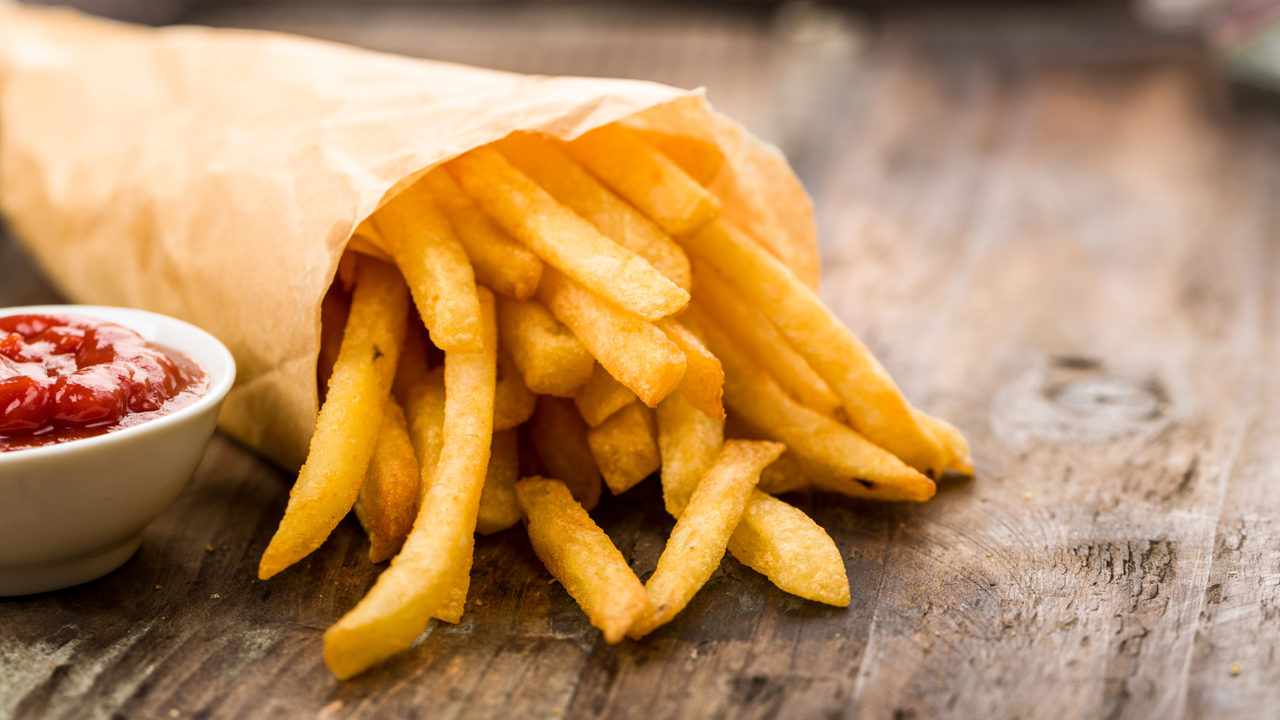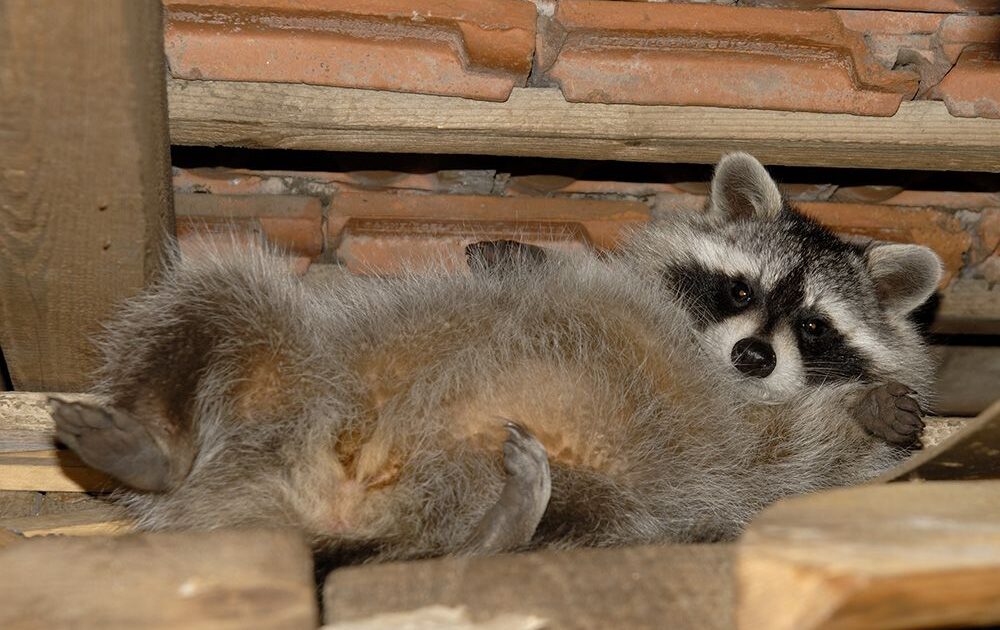Raccoons have quickly learned how to adapt and survive in urban areas, and many are living the good life. The internet is inundated with videos of the amusing antics of urban dwelling raccoons. You simply need to Google “fat raccoon” and you will be swamped with funny clips of overweight raccoons falling through office ceilings or stuck in vents, and obese raccoons trying to balance on narrow walls. And entertaining as this may be, it has serious consequences for the long-term health and longevity of the raccoon population.
Unhealthy human diet puts raccoons at risk
Raccoons are clever and cunning, and have quickly learned that where there are people there is a constant and reliable supply of food – and they don’t even have to work hard to get their paws on some grub. Unfortunately, just like so many people, raccoons are clueless about what their fast food diet is doing to them. But unlike people, there is no way to educate the raccoons or make them aware of the dangers of what they are putting in their bodies. This means that it is up to us to look after our environment, inside and out.
One of the greatest dangers for raccoons eating out of compost and garbage bins is high blood sugar. Believe it or not, raccoons also suffer from this so-called human disease. A study by Ontario researchers have found that raccoons who predominantly eat human food are significantly heavier and have higher blood glucose levels than those that have a more natural and appropriate diet. According to Albrecht Schulte-Hostedde, a professor in evolutionary ecology at Laurentian University in Sudbury, Ontario and lead author of the study, when researchers compared data from three groups of raccoons with different degrees of access to human food, the urban raccoons’ blood glucose was more than double that of their rural cousins.

It is hardly surprising that raccoons who indulge in our leftovers, and have a high fat, high salt diet, are beginning to look like their urban dwelling human counterparts with similar eating habits, and appear to be suffering from the same health problems, most notably diabetes, obesity and metabolic syndrome (a cluster of conditions including increased blood pressure, high blood sugar, body fat around the waist and abnormal cholesterol).
Professional Wildlife Removal
The urban raccoon population is here to stay, and this means that it is up to us to manage them and make sure that they remain healthy. It is our responsibility to protect raccoons from our unhealthy eating habits and keep them out of our homes, garbage and compost bins.
These resourceful animals like to live near their food sources and will often move into homes where there is a convenient and regular supply of food. If you have raccoons in your Pickering home, you need the services of an animal removal expert and Skedaddle Humane Wildlife Control has years of experience removing unwanted wildlife from homes in the area.
A Skedaddle technician will do a thorough inspection of your property looking for entry points and raccoon dens, paying particular attention to the garage, attic, and basement. Once the inspection is complete, the technician will use the information to safely remove any raccoons from your home. If the raccoons have kits in their nursery, they will carefully be put in a container that mimics the conditions of their den and placed outside the entry point. Usually, the mother will then relocate them to a new den.
Once the raccoons have been removed, a Skedaddle technician will clean up the mess, replace any insulation that has been damaged or destroyed, and block all potential entry points. After successfully completing the raccoon removal, our technician will also provide you with tips on how to keep raccoons out of your Pickering home.
Call Skedaddle Humane Wildlife Control for all your animal control needs.



